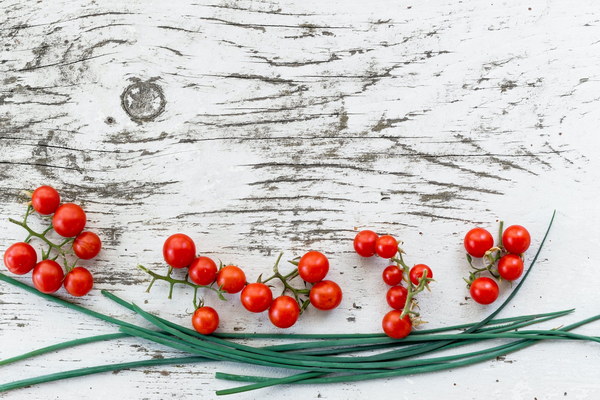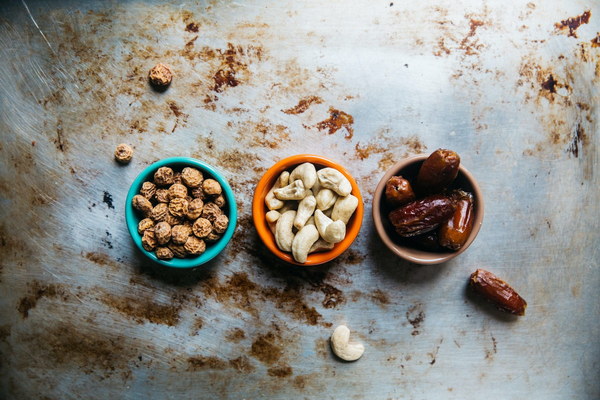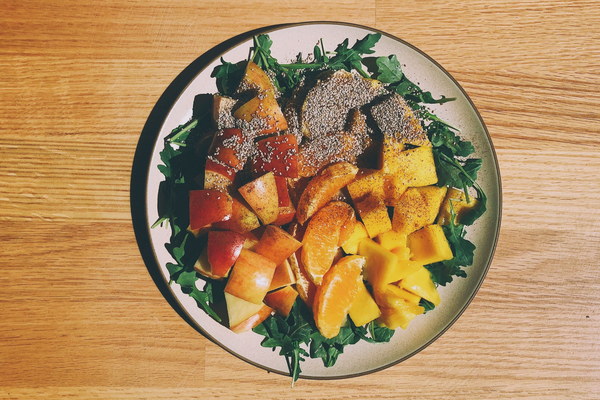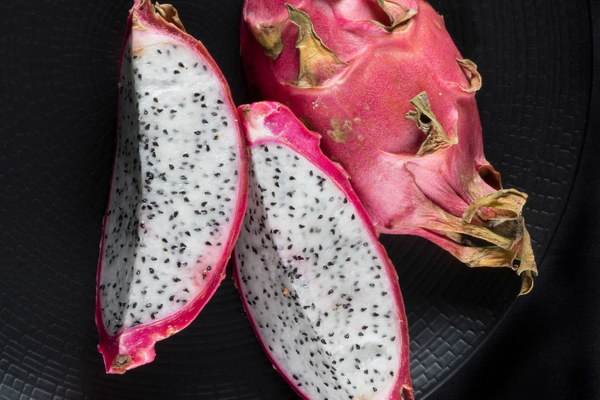Revitalize Your Stomach Expert Tips for Effective Gastric Nourishment and Remedies
Are you constantly battling digestive issues or feeling a lack of energy? It might be time to turn your attention to your stomach health. A strong, healthy stomach is the foundation for overall well-being. In this article, we'll share expert tips for effective gastric nourishment and remedies to help you revitalize your stomach and improve your quality of life.
1. Identify Your Stomach Issues
The first step in improving your stomach health is to identify the specific issues you're facing. Common problems include bloating, gas, indigestion, heartburn, and acid reflux. Understanding your symptoms will help you tailor your diet and lifestyle to address your unique needs.
2. Opt for Easy-to-Digest Foods
Your stomach works hard to break down the food you eat. To reduce the workload and promote a healthy digestive system, choose easy-to-digest foods. These include:
- Soups and broths
- Mashed potatoes
- Scrambled eggs
- Poached or grilled fish
- Steamed vegetables
- Applesauce

3. Incorporate Gastric Nourishing Foods
Certain foods have natural properties that can help soothe and nourish your stomach. Try incorporating these into your diet:
- Bananas: High in potassium and easy to digest, bananas can help neutralize stomach acid and reduce bloating.
- Carrots: Rich in fiber and beta-carotene, carrots aid digestion and support the lining of your stomach.
- Ginger: A natural anti-inflammatory, ginger can help alleviate bloating, gas, and nausea.
- Turmeric: This spice contains curcumin, a compound that has anti-inflammatory properties and can help reduce stomach pain.
- Chia seeds: Chia seeds are packed with fiber and omega-3 fatty acids, which can help regulate digestion and prevent bloating.
4. Avoid Trigger Foods
Certain foods can exacerbate stomach issues. Common trigger foods include:
- Fatty and greasy foods: These can irritate your stomach lining and lead to heartburn.
- Spicy foods: Spices can increase stomach acid production and cause discomfort.
- Carbonated drinks: These can cause bloating and gas.
- Alcohol: Alcohol can irritate your stomach lining and lead to inflammation.
5. Practice Mindful Eating
Eating slowly and mindfully can significantly improve your digestion. Chewing your food thoroughly and taking the time to savor each bite allows your stomach to better break down the food and reduce the risk of bloating and indigestion.
6. Stay Hydrated
Drinking plenty of water is essential for maintaining healthy digestion. Water helps to keep your digestive tract moving smoothly and can prevent constipation and bloating.
7. Get Regular Exercise
Regular exercise can help improve your digestion by increasing blood flow to your digestive organs. It can also reduce stress, which can exacerbate stomach issues.
8. Consider Supplements
In some cases, dietary changes may not be enough to address your stomach issues. In these cases, your healthcare provider may recommend supplements such as probiotics, digestive enzymes, or vitamin B12.
By following these expert tips for effective gastric nourishment and remedies, you can take steps to revitalize your stomach and improve your overall health and well-being. Remember, it's essential to consult with a healthcare professional before making significant changes to your diet or lifestyle.









